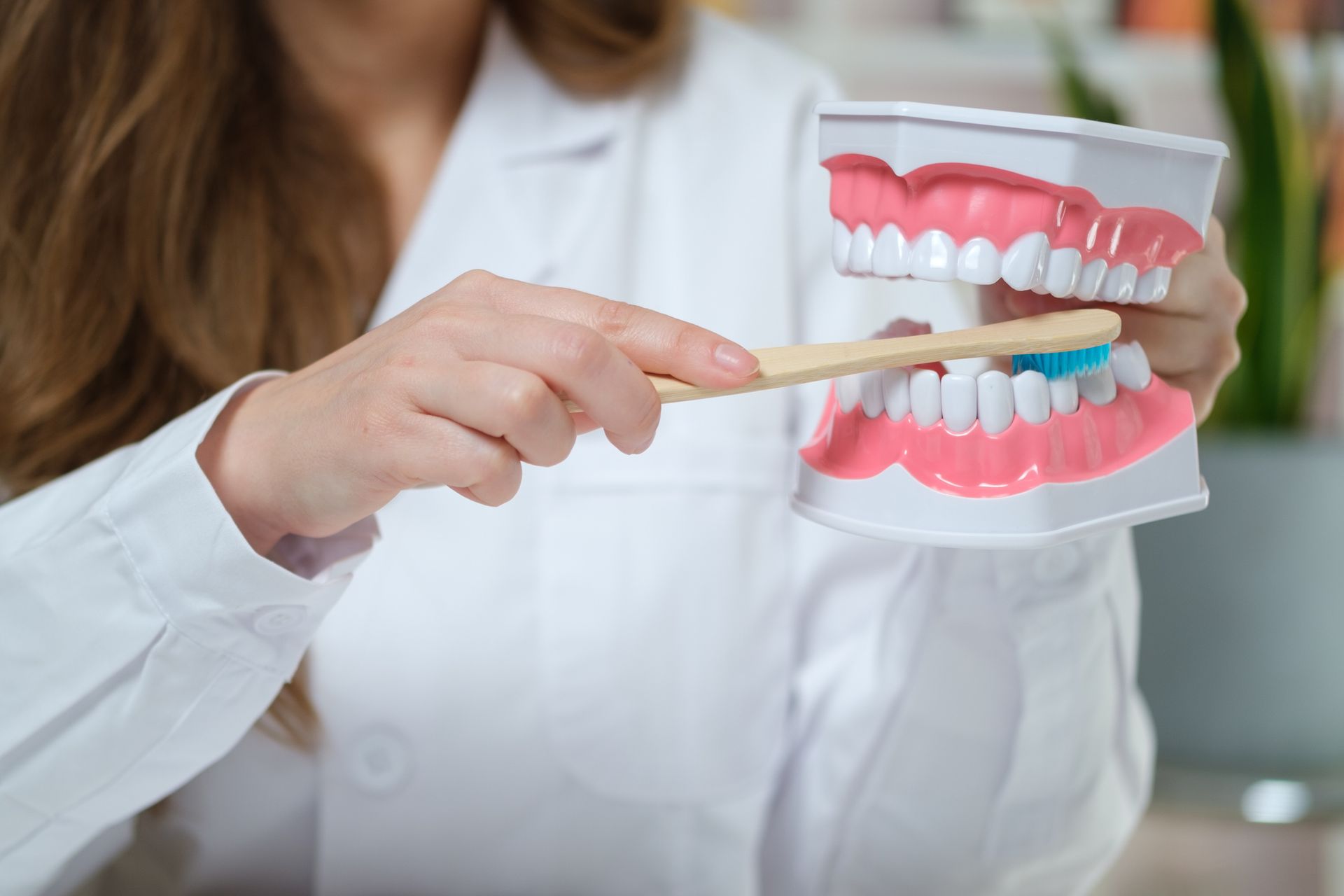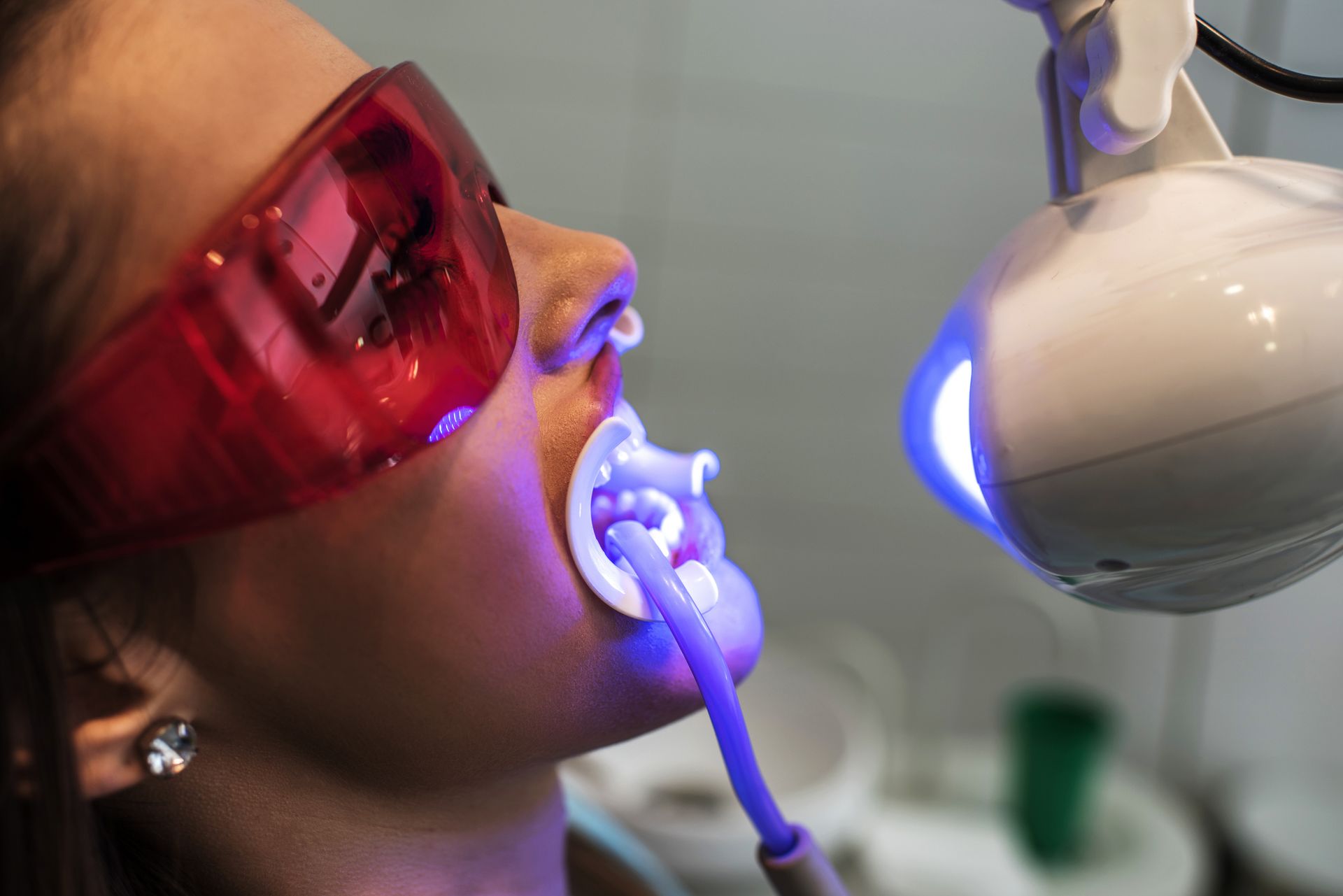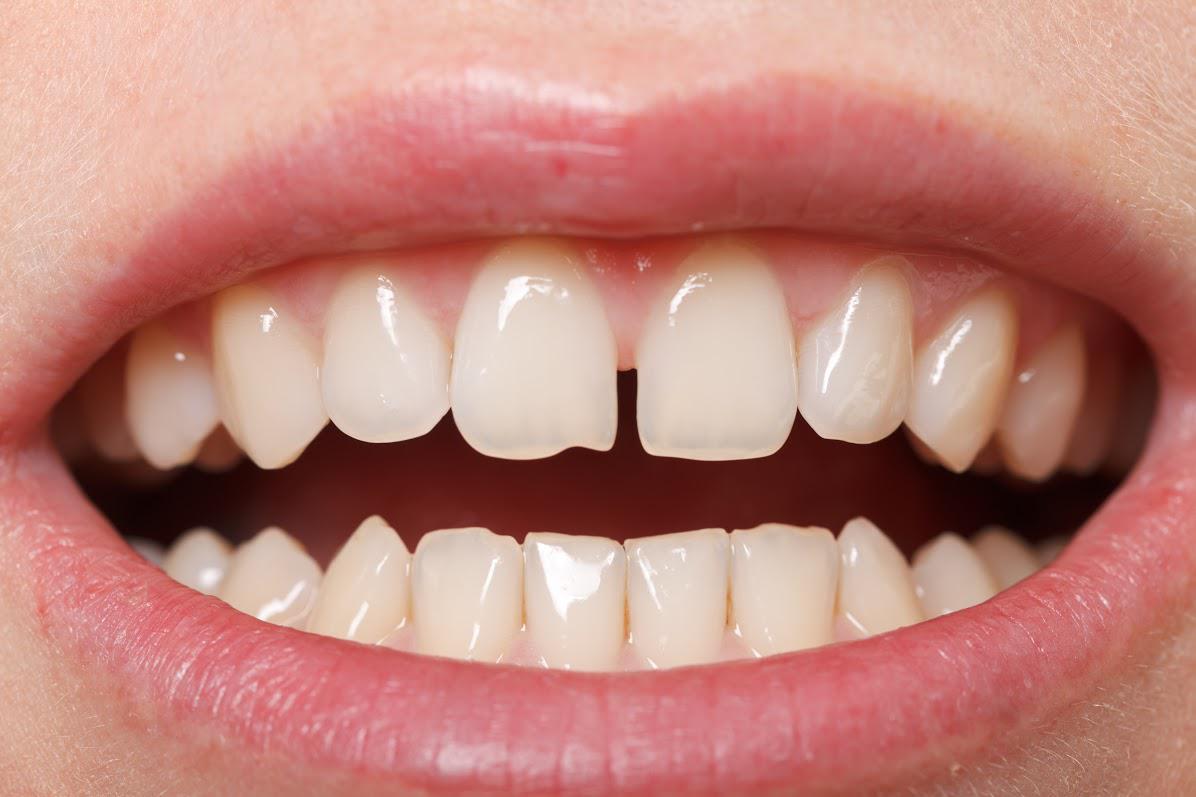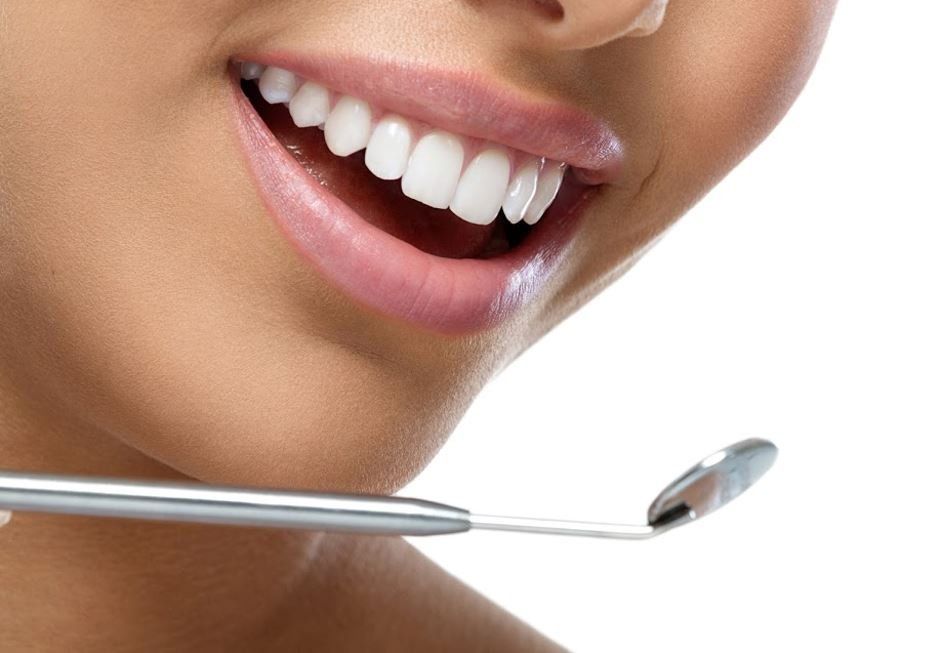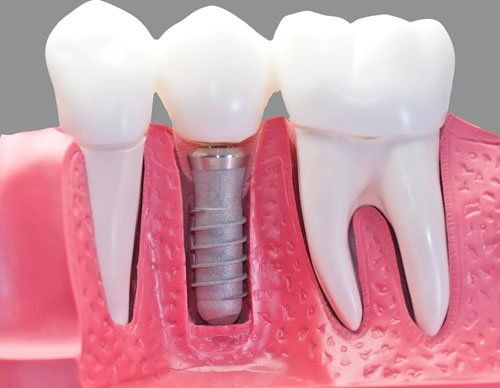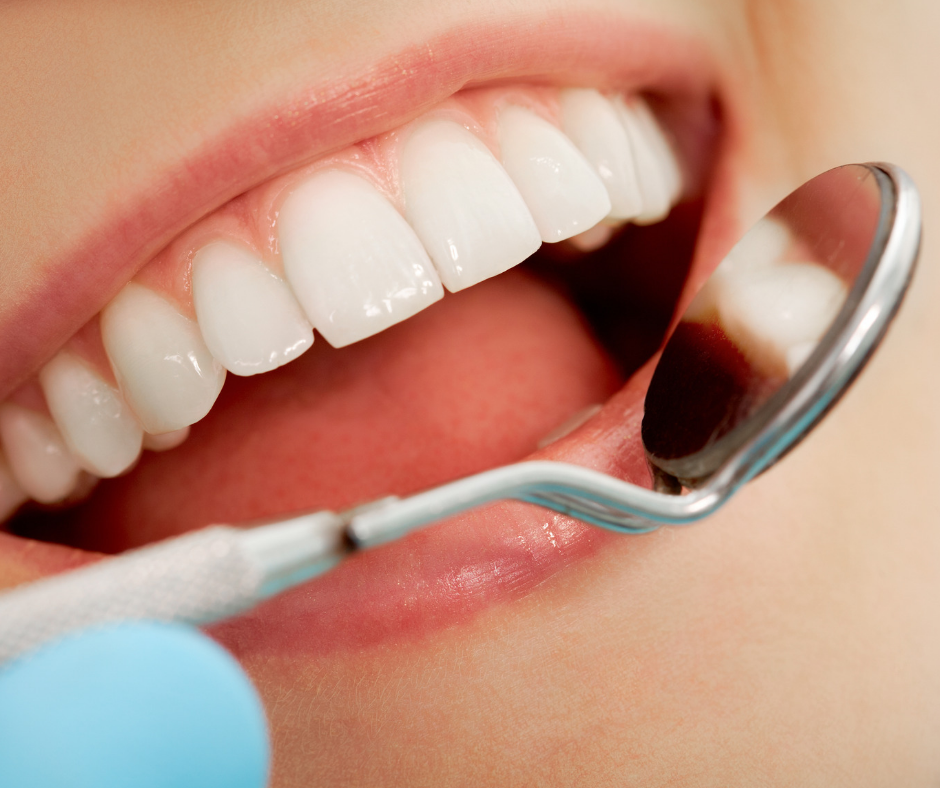4 Things to Know About Dental Crowns
A dental crown is like a little cap that fits over a tooth. The crown covers and protects the tooth so that the strength, size, and shape of the tooth can be restored. Crowns also hold a dental bridge in place and can greatly improve the appearance of a tooth. When a dental crown is cemented to a damaged tooth, only the crown is visible.
In order to better understand this type of dental prosthetic, learn about four things to know about dental crowns.
1. Know What Materials Dental Crowns Are Made From
Dental crowns are from a variety of materials. The different materials in dental crowns each have their own specific advantages and disadvantages.
Dental crown materials include:
· Metal. Dental crowns of gold, nickel, or palladium usually last the longest. The downside to a metal dental crown is the appearance, which is why metal crowns are usually only used on the back teeth.
· Porcelain (fused-to-metal) . The color of dental crowns from porcelain easily matches with the teeth around them. A disadvantage to porcelain dental crowns is that the metal underneath it appears as a dark line.
· All-resin . This type of dental crown is one of the least expensive. A disadvantage of all-resin dental crowns is that, compared to metal or porcelain fused-to-metal, it is more likely to break.
· All-ceramic or all-porcelain . These dental crowns look like a natural tooth and are a good choice for front teeth. However, they are not as strong as other types of dental crowns.
When you choose a dental crown, you will have to pick the material that best suits your needs. If you are allergic to certain metals, you may not be able to choose a metal dental crown or a crown fused to metal.
2. Know How Much Dental Crowns Cost
Dental crowns vary greatly in price. On average, a dental crown costs about $1,300. The cost of a dental crown primarily depends upon what type of material it is made from. For instance, an all-ceramic dental crown costs anywhere from $1,000 to $2,500. Compare this to an all-resin dental crown, which costs about $300.
Another type of crown called a provisional crown costs as little as $200. However, this type of crown is not recommended for long-term use.
When you get a dental crown, you will also need to pay for other procedures, such as x-rays, diagnostic casts, and core buildup. In most cases, if a dental crown is medically necessary, dental insurance will pay a portion of the cost.
3. Know About the Process of Getting a Dental Crown
The first thing a dentist needs to do before placing a dental crown is prepare the tooth that needs restoration. After that, the dentist will make an impression, which provides a precise model for the crown. The dentist either does this with a mold or with a digital scan.
You will most likely receive a short-term crown while you await the long-term one. This generally takes less than fourteen days. During the time you have a short-term crown, your tooth may experience more sensitivity to hot and cold. You will also need to avoid eating chewy or sticky foods.
Some dentists have equipment so that you can get your permanent crown in just one visit.
4. Know Who to Contact for More Information About Dental Crowns
If you would like more information about dental crowns , or you think you may need one, contact Gregory S. Rutherford, DDS, PA. Dr. Rutherford has provided dental services in the Sarasota, Florida, area since 1992. We look forward to meeting all of your dental needs.


